Israel systematically eliminated top Iran proxy leaders
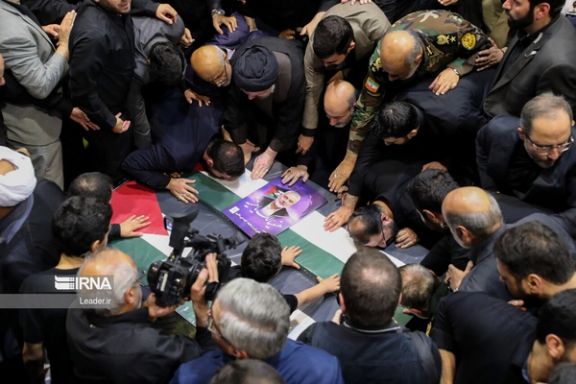
In a series of targeted operations in less than two months, Israel has killed five high-ranking members of Iran-backed Hamas and Hezbollah militant groups, armed and financed by Iran.

In a series of targeted operations in less than two months, Israel has killed five high-ranking members of Iran-backed Hamas and Hezbollah militant groups, armed and financed by Iran.
The political leader of Hamas, Ismail Haniyeh, was among those targeted by Israel. Haniyeh was assassinated on Wednesday morning in Iran’s capital Tehran. He had traveled to Tehran to participate in the inauguration of Iranian President Masoud Pezeshkian on Tuesday.
While Israel did not claim responsibility, Iranian authorities and Hamas officials have blamed the Jewish state for the attack, vowing to retaliate.
Haniyeh, who has served as the senior political figure of Hamas, has been a central figure in the organization's leadership, a key bridge between Iran and Hamas since 2017. The New York Times reported that Haniyeh was killed by an explosive device hidden in a complex where he was known to stay. However, IRGC-affiliated Fars News denied the report stating that "the results of the experts' investigation indicate that Haniyeh was struck by a projectile."
Mohammed Al-Deif
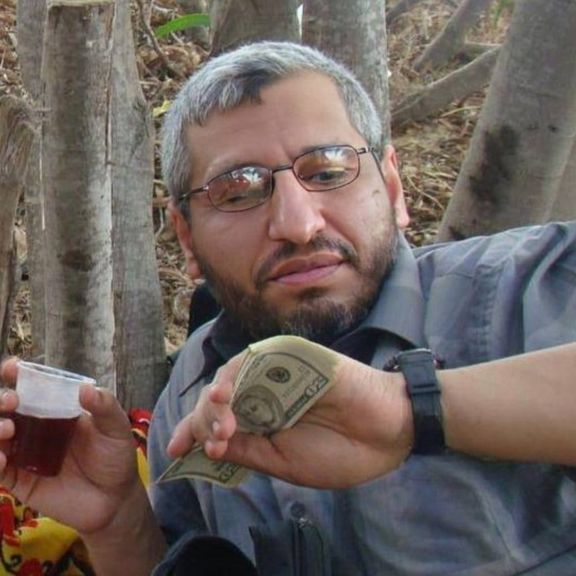
Another high-profile figure, Mohammad Al-Deif, head of Hamas' military wing was killed in an Israeli airstrike in Gaza last month. The Israeli military confirmed Al-Deif death on Thursday, a day after Ismail Haniyeh was killed in Tehran. Al-Deif was believed to have been one of the masterminds of Hamas' Oct. 7 attack on southern Israel, but Israel was not certain about his death after he was targeted.
"The IDF (Israel Defense Forces) announced that on July 13th, 2024, IDF fighter jets struck in the area of Khan Yunis, and following an intelligence assessment, it can be confirmed that Mohammed Deif was eliminated in the strike," the military said on Thursday.
Rafa'a Salameh
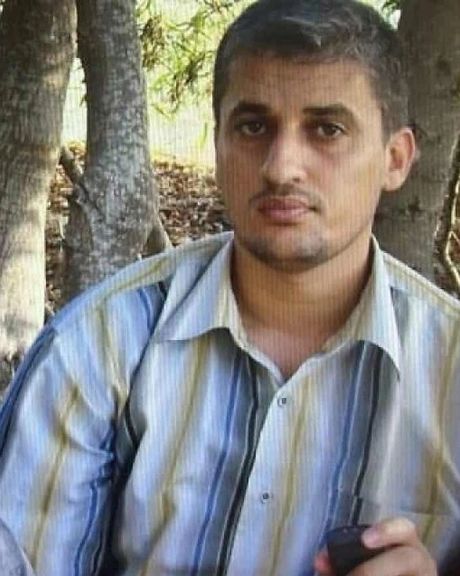
Commander of the Khan Yunis Hamas unit, Rafa'a Salameh, was also targeted in the July 13 strike alongside Al-Deif. Salameh was responsible for overseeing activities in the Khan Yunis area, a key area in Gaza for Hamas' operations, and considered another mastermind behind Hamas’s missiles and drones attack on Israel in October.
The IDF announced the elimination of Salameh on July 14 stating: “Salameh was one of the masterminds behind the Oct. 7 massacre and commanded over plans for the development of tunnels in the Khan Yunis Brigade.”
Hezbollah Leadership
In addition to the Hamas figures, key members of Iran’s Lebanese proxy militant group Hezbollah have also been systematically targeted by Israel.
Fuad Shukr
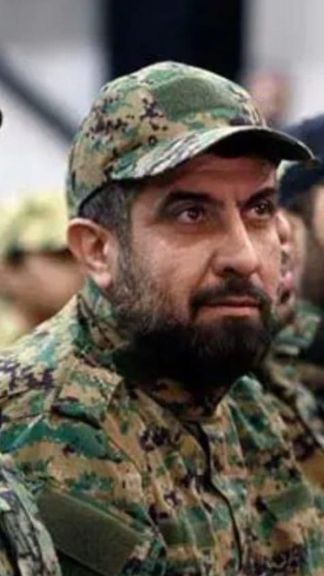
Fuad Shukr, the "right-hand man" of Hezbollah Secretary-General Hassan Nasrallah who served as his adviser for planning and directing wartime operations was killed in an Israeli airstrike in Beirut on Tuesday.
"Fuad Shukr has directed Hezbollah's attacks on the State of Israel since October 8th, and he was the commander responsible for the murder of the 12 children in Majdal Shams in northern Israel on Saturday evening, as well as the killing of numerous Israelis and foreign nationals over the years," the IDF said in a statement.
"As the Head of Hezbollah's Strategic Unit, Fuad was responsible for the majority of Hezbollah's most advanced weaponry, including precise-guided missiles, cruise missiles, anti-ship missiles, long-range rockets, and UAVs. He was responsible for force build-up, planning, and execution of terror attacks against the State of Israel," the statement added.
Mohammed Nasser
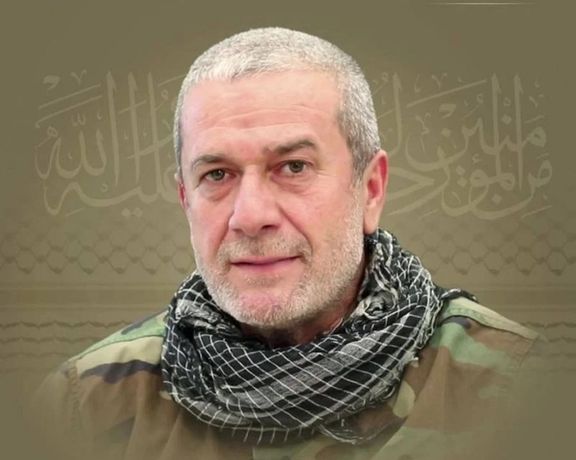
Top Hezbollah commander Mohammed Nasser was killed in an Israeli strike near the city of Tyre in south Lebanon on July 3. The IDF confirmed it successfully eliminated Nasser, whom they identified as the commander responsible for firing at Israel from southwestern Lebanon.
A Hezbollah official told the Associated Press that Nasser who went by the name “Abu Naameh” was head of the group’s Aziz Unit, one of three regional divisions in southern Lebanon.
Taleb Sami Abdullah
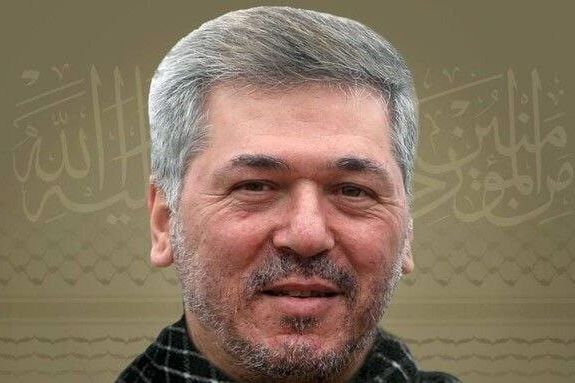
Top Hezbollah commander, Taleb Sami Abdullah known as Hajj Abu Taleb, was killed in an Israeli airstrike on June 11 in the Jouaiyya area of southern Lebanon.
Abdullah was the most senior member of the group to be killed in eight months of hostilities with Israel, Reuters reported citing a security source.
Hezbollah vowed to intensify its attacks along the Lebanon-Israel border to avenge Abdullah’s killing.
“Our response after the martyrdom of Abu Taleb will be to intensify our operations in severity, strength, quantity, and quality,” senior Hezbollah official Hashem Saffieddine said during Abdullah’s funeral ceremony which was attended by hundreds of the militant groups' members.
Abdallah was also a close friend of former Iran’s Islamic Revolutionary Guards Corps commander Qasem Soleimani who was assassinated by the United States in 2020.